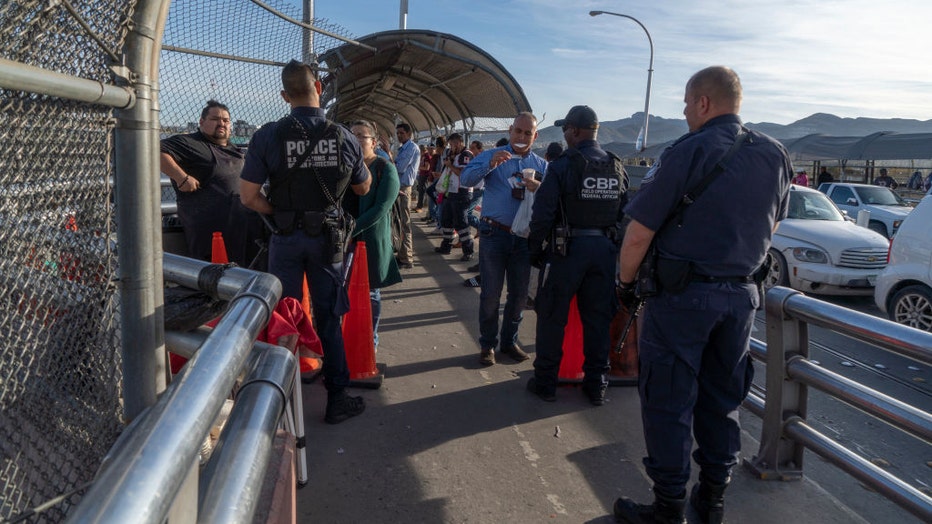Maryland judge becomes second to block Trump’s birthright citizenship order

MD judge blocks Trump’s birthright citizenship order
A Maryland federal judge became the second court official in the nation to challenge President Donald Trump's executive order attempting to end automatic birthright citizenship.
WASHINGTON - A Maryland federal judge became the second court official in the nation to challenge President Donald Trump's executive order attempting to end automatic birthright citizenship.
The decision comes as part of a lawsuit filed by pregnant women who are undocumented living throughout the United States, including six women in Maryland.
What they're saying:
U.S. District Judge Deborah Boardman — a Biden appointee — blocked Trump’s executive order, saying citizenship is the most precious right and is guaranteed by the Constitution.
"Citizenship is a most precious right, expressly granted by the Fourteenth Amendment to the Constitution," Broadman said. The judge concluded that "national concern that demands a uniform policy," and "only a nationwide injunction will provide complete relief to the plaintiffs."
Trump’s executive order was already on hold temporarily due to a separate lawsuit brought by four states in Washington state, where a judge called the order "blatantly unconstitutional."
RELATED: States sue to block Trump's executive order on birthright citizenship

Approximately 22 states, and other organizations, have sued to try to stop the executive action, the Associated Press noted.
The president signed 10 executive orders on immigration and issued rulings to carry out promises of mass deportations and border security in the U.S.
Meanwhile, the AP noted that 18 Republican attorneys general announced this week that they’re seeking to defend Trump’s executive order by joining one of the federal lawsuits in New Hampshire.
According to the AP, the U.S. is among 30 countries where birthright citizenship is applied. Most are in the Americas, and Canada and Mexico are among them.
How is the 14th Amendment tied to Trump’s executive order?
The backstory:
The 14th Amendment was added after the Civil War to assure citizenship for former slaves and free African Americans. The amendment states: "All persons born or naturalized in the United States and subject to the jurisdiction thereof, are citizens of the United States and of the State wherein they reside," according to congress.gov.
RELATED: Judge temporarily blocks Trump's order on birthright citizenship
According to the AP, the 14th Amendment to the Constitution is at the center of the lawsuits filed by the 22 states. The amendment, which was ratified in 1868 after the Civil War and the Dred Scott Supreme Court decision that determined Scott, a slave, was not a citizen.

